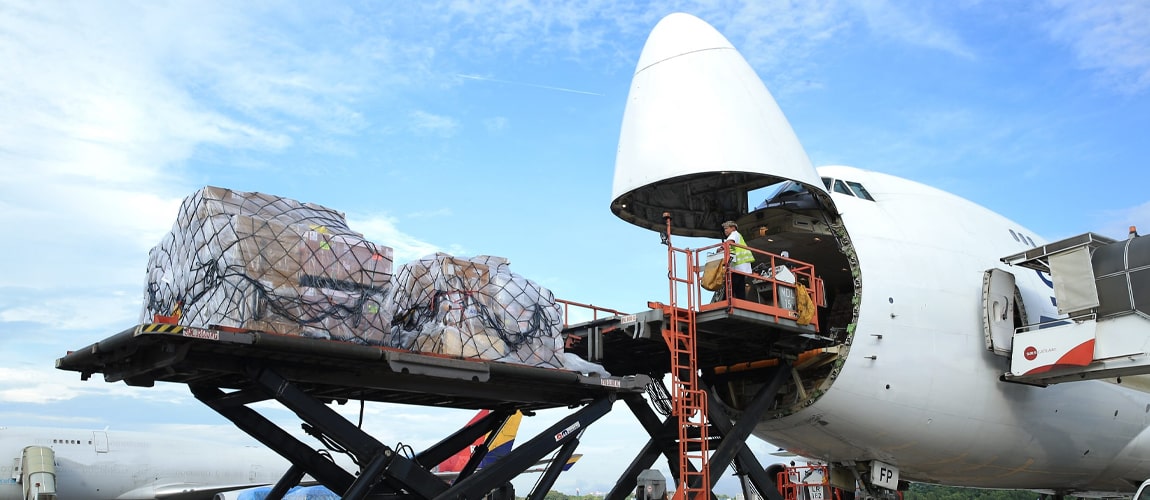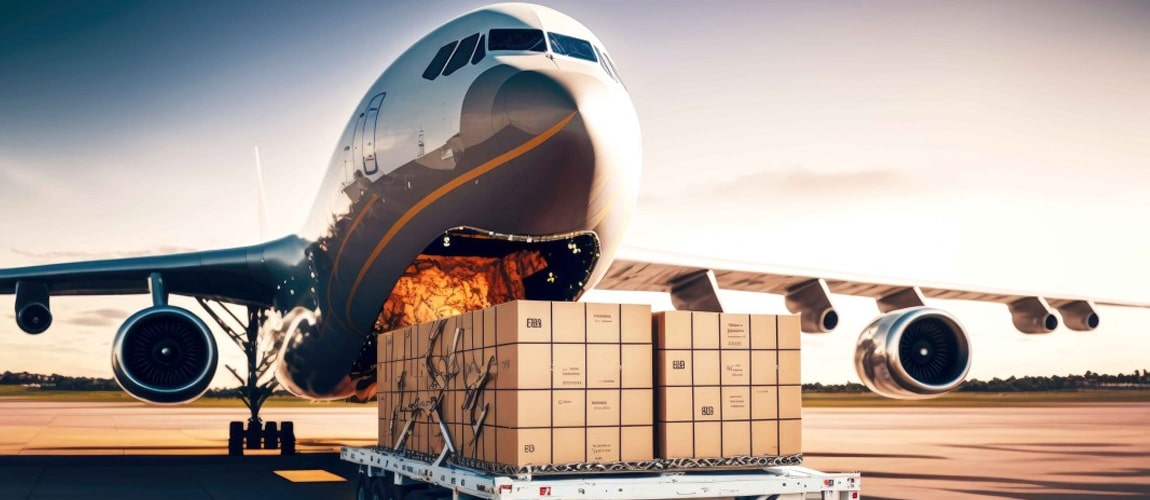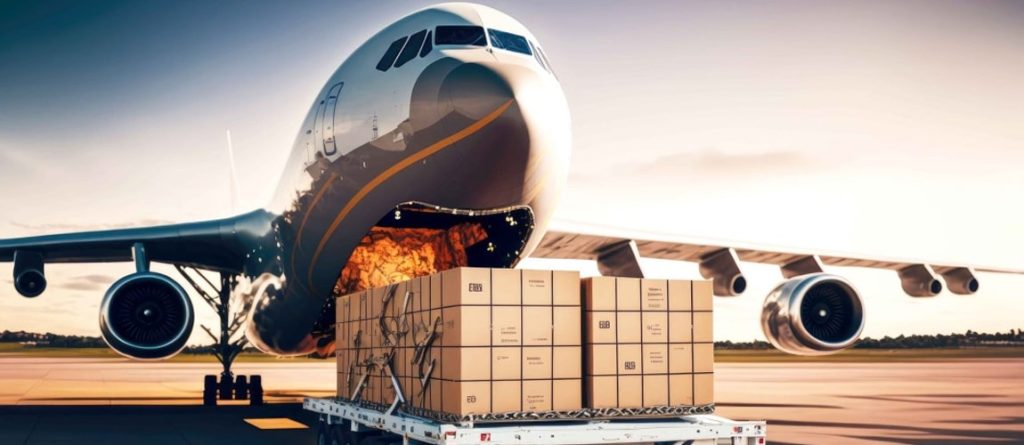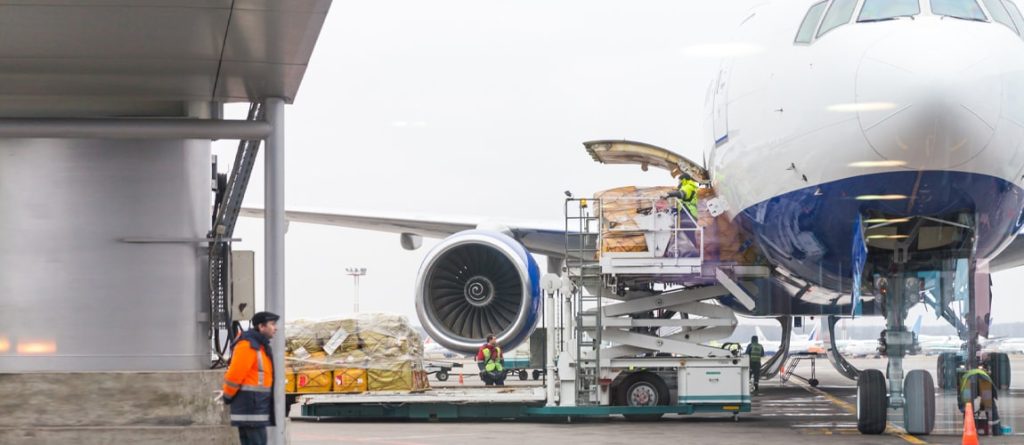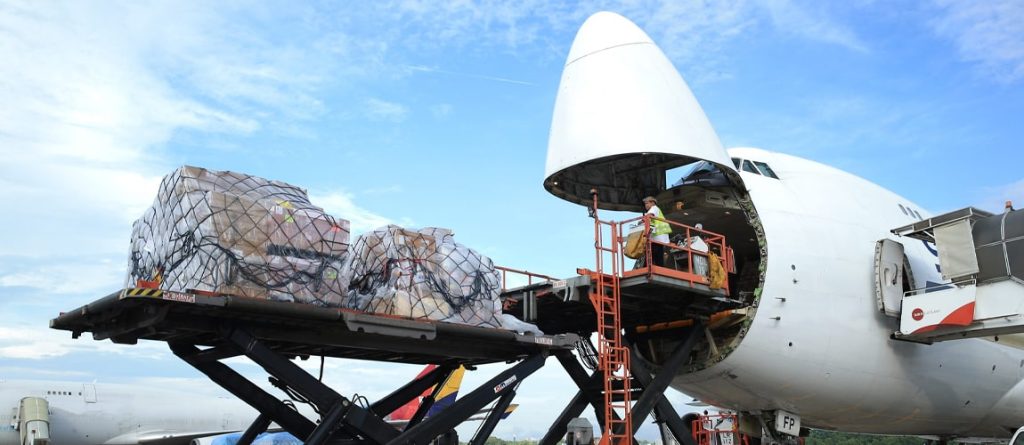
Manufacturing enterprises rely largely on air freight to assure timely distribution of their products and resources in today’s globalized market. This form of transportation provides speed, efficiency, and dependability, which are critical for firms attempting to satisfy market needs. However, air cargo is not without its difficulties, particularly when it comes to complying with the plethora of rules and regulations that control this industry. This article will delve into the critical parts of air cargo rules that manufacturing organizations must examine in order to ensure the smooth operation of their supply chain activities.
Regulatory Framework Air cargo manufacturing enterprises must navigate a complicated regulatory framework that includes domestic as well as international regulations and norms. These standards are in place to assure air freight transit safety, security, and efficiency. The International Association for Air Transport (IATA), the International Civil Aviation Organization (ICAO), and different national aviation authorities are key regulating bodies.
1. The IATA Regulations
The International Air Transport Association (IATA) is a major actor in the air cargo market, establishing global rules and norms for airline companies, shipping companies, and shippers. Depending on the nature of their cargo, manufacturers must become acquainted with IATA’s Dangerous Goods Regulations (DGR), Live Animals Regulations (LAR), and Perishable Cargo Regulations (PCR), among others.
2. Security Rules
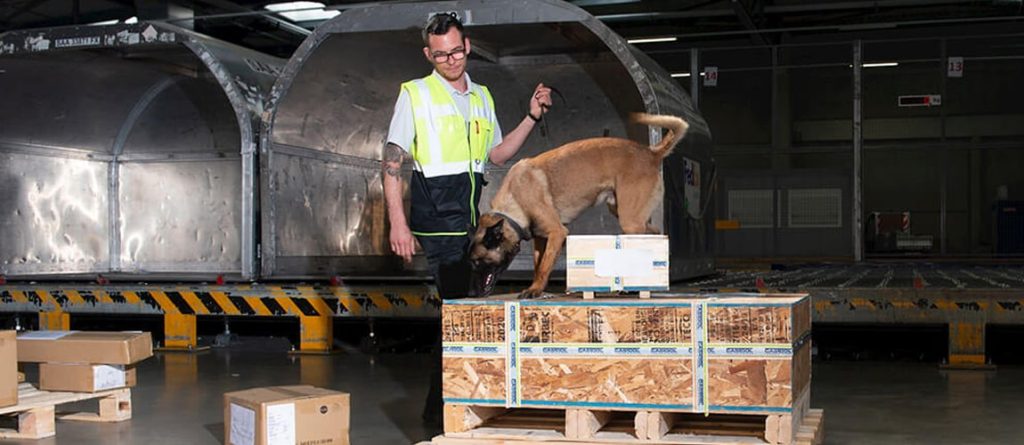
Air freight transportation security is a significant responsibility, particularly in the post-9/11 age. Manufacturers must follow tight security laws, such as those defined by the Transport Security Administration (TSA) in the United States, which compel companies to go through security checks and follow stringent cargo screening processes.
3.Labeling and classification
It is critical to comply with air cargo standards by properly classifying and marking cargo. Manufacturers must appropriately identify their cargo in accordance with IATA requirements, especially when dealing with risky items or hazardous materials. This includes adopting proper packing, labeling, and paperwork to ensure transit safety.
1. Hazardous Goods
When using air cargo services, companies must be well-versed in the categorization and labeling of risky commodities. Noncompliance with regulations governing chemicals such as combustible compounds, corrosives, or explosives can result in serious penalties and safety risks.
2. Requirements for Special Handling
Specific handling regulations apply to certain freight items, such as living beings, perishable commodities, and medications. To guarantee product integrity and safety, companies must make sure that their cargo is properly labeled and managed along its route.
3. Record-Keeping and Documentation
For manufacturing organizations, precise documentation is a critical part of air cargo rules. Improper or incomplete paperwork can result in delays, fines, and even cargo confiscation. Manufacturers must pay particular attention to the documentation requirements listed below.
1. Awb (Air Waybill)
The AWB is a basic document that functions as a carriage contract between the carrier and the airline. It contains critical information regarding the cargo, such as where it came from, destination, consignee, and transportation terms.
2. Documentation for Customs
Customs laws must be followed for airborne cargo transfers. To ensure smooth customs clearance, manufacturers must furnish correct customs declarations, invoices, and certificates.
3. Keeping Records
All air cargo transactions must be meticulously recorded by manufacturers. These records should contain copies of all essential documentation, correspondence with airlines and logistical suppliers, and inspection and compliance check records.
Packaging and Handling of Cargo
The packaging and handling of air cargo shipments are critical to assuring their safety and integrity. Particular guidelines, such as those linked to:
1. Cargo Boxes
It’s critical to choose the correct freight container, either it’s a unit load module (ULD) or a pallet. Proper cargo container fastening and sealing prevent damage and loss during transit.
2. Balance and Weight
To prevent mishaps caused by an incorrectly balanced aircraft, manufacturers must comply to weight and balance limits. These guidelines assure the safety and efficiency of air cargo operations.
Cargo Temperature Control
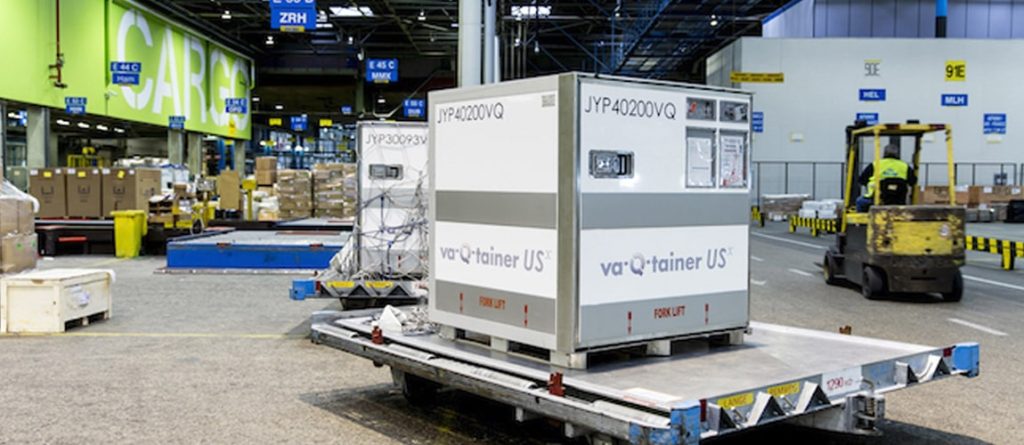
Maintaining correct temperature control during transit is critical for enterprises working with temperature-sensitive cargo. Compliance with the International Air Transport Association’s Temperature Monitoring and Control Regulations is critical to ensure
Insurance and risk management
Air cargo regulations need a strong risk management approach as well. Manufacturers should think about the following factors:
1. Cargo Coverage
It is critical to obtain cargo insurance to safeguard against any losses caused by vandalism, theft, or loss during transit. Manufacturers must be familiar with the terms and scope of their insurance plans.
2. Preparedness
Manufacturers should prepare for unforeseen events like natural catastrophes, strikes, or supply chain interruptions. Alternative transportation choices and communication procedures should be included in these preparations.
Final Thoughts
Navigating air cargo restrictions is an important part of industrial organizations’ supply chain management. Compliance with international and domestic standards, precise paperwork, proper categorization and labeling, and adequate risk management are all critical components for guaranteeing smooth and efficient air cargo operations. Manufacturing businesses can reduce risks, preserve product integrity, and meet customer demands by following these laws and principles, thus contributing to their long-term success in the global marketplace.

 07424380227
07424380227